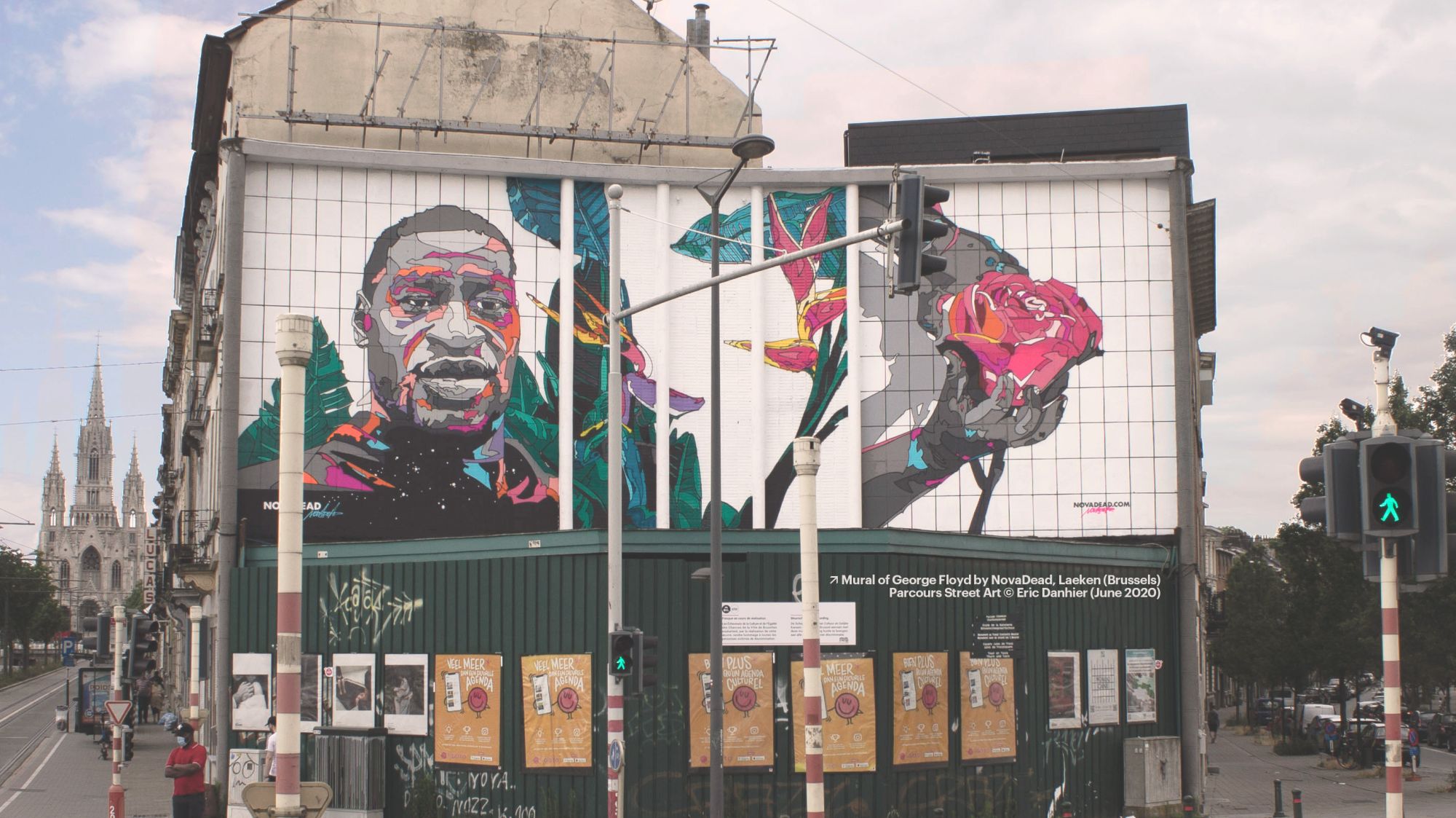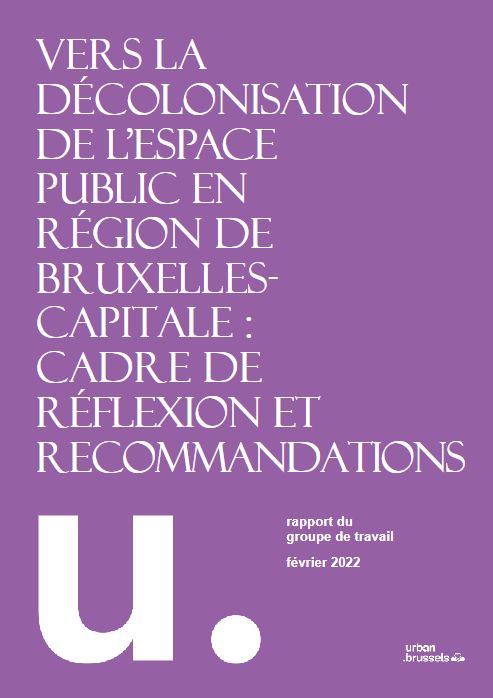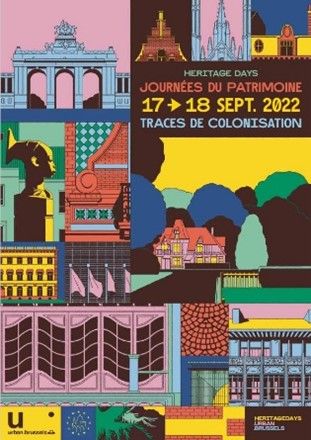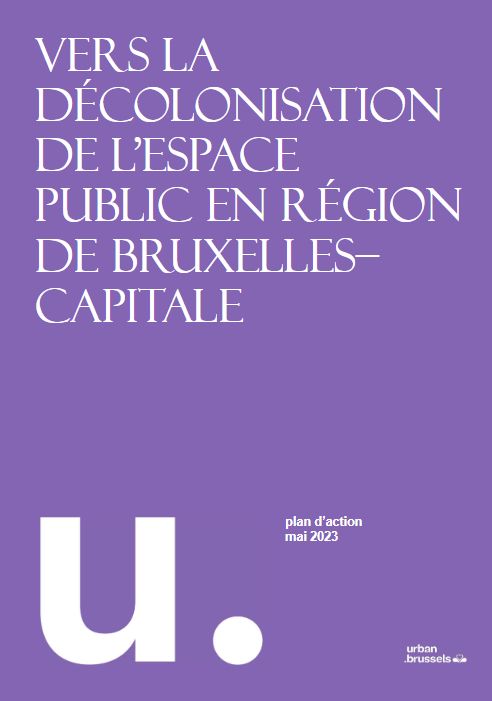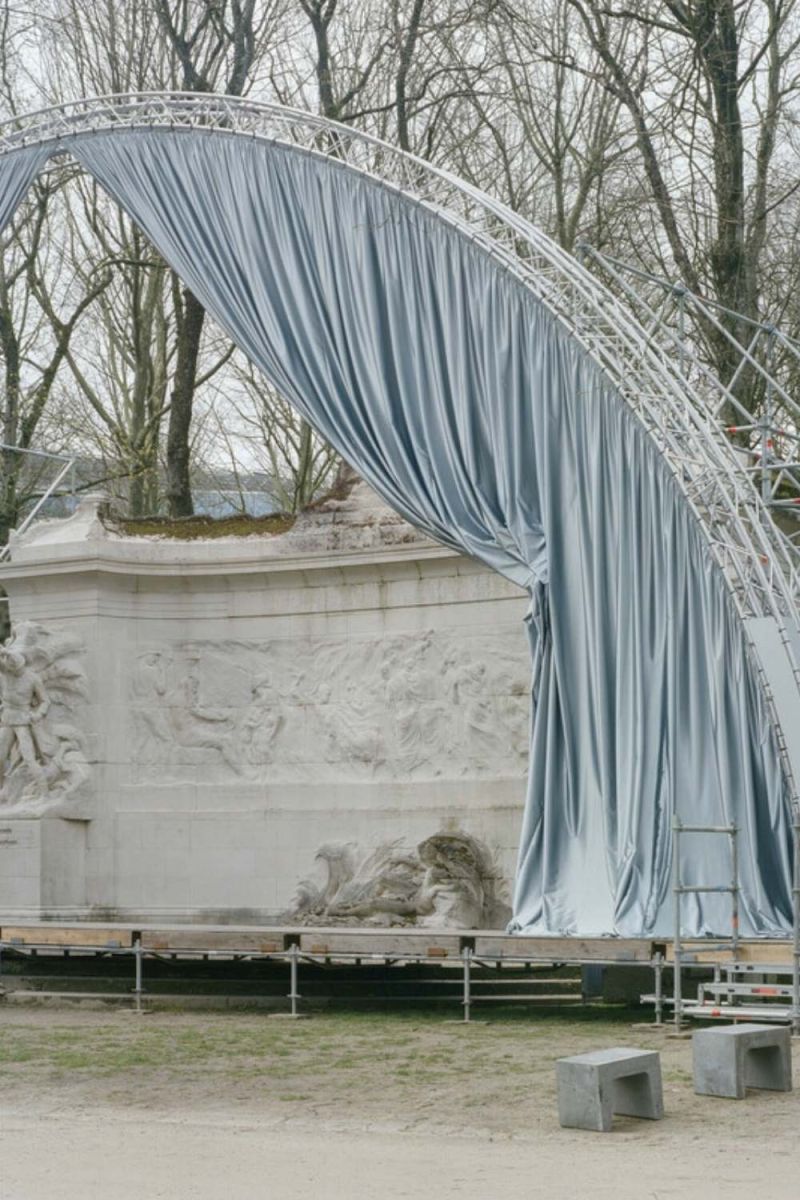On 7 June 2020, a Black Lives Matter demonstration brought together more than 10,000 people in Brussels. Echoing the murder of George Floyd by police officers in Minneapolis (USA), the demonstrators also called on the public authorities to engage in deep introspection on Belgian colonisation. In the meantime, many colonial statues and monuments are being contested in public spaces.
In fact, public spaces are full of references to history and symbolic traces (murals, statues, monuments, etc.) that celebrate colonisation in particular. These representations establish scales of value and hierarchies of power within the public space, as well as promoting racial stereotypes. Urban, alongside other public and civil society actors, is working to create a more inclusive public space.
Time for reflection
In July 2020, the Parliament of the Brussels-Capital Region (BCR) adopted a resolution "on the structural and inclusive decolonisation of the Brussels public space as part of a work of dialogue and remembrance".
Between 2020 and 2021, at the initiative of BCR Secretary of State for Urban Planning and Heritage, Pascal Smet, a working group was set up to establish recommendations for the decolonisation of public space. It brought together experts from both academia and civil society. Urban coordinated the work process.
In February 2022, a summary of the work was submitted to the Brussels Parliament and published in the form of a report.
In the same year, the Heritage Days devoted to the theme of colonial traces raised public awareness of the topic.
Time for action
In May 2023, an action plan Working on decolonising public spaces in the Brussels-Capital Region was drafted and validated by the BCR government, based on the recommendations expressed in the 2022 Report (Action Plan 2023).
In 2024 and 2025, Urban will be responsible for overseeing its implementation, in collaboration with a series of partner institutions and administrations. A support committee meets regularly to oversee implementation of the plan, and a coordinator was appointed in spring 2024 to monitor the project on a day-to-day basis.
The action plan comprises fourteen actions, thirteen of which are directly coordinated by Urban. The entire plan also corresponds to Action 36 of the Brussels Anti-Racism Plan 2023-2026.
Debate and a participatory process
On 21 March 2024, The Grand Opening was inaugurated to mark the International Day for the Elimination of Racial Discrimination. This initiative marks the start of a period of debate on the colonial past surrounding the Monument to the Belgian Pioneers in Congo located in the Parc du Cinquantenaire.
The programme consists of performances, literary and active events to collectively reflect on the Belgian colonial heritage, as well as on the repercussions it has had on our experiences and identities.
Follow our programme and join these exchange moments.
What do we mean by "decolonising public spaces"?
Decolonising public spaces is an integral part of the decolonisation of society, which requires an ongoing social, political and cultural process that is not limited to Belgium's colonial past, but also extends to other areas, such as health, housing, education and employment. In other words, it's about building an inclusive Brussels-Capital Region, which every inhabitant of Brussels can identify with and in which everyone feels recognised.
The challenge of decolonisation is to "combine the revision of the official representation of colonial memory in the public space with the dissemination of knowledge about colonial history and a reflection on its lasting, current effects in Belgium and in the countries of former Belgian Africa". (2022 Report, p. 200).
To achieve this, awareness is needed: "Intentional colonial commemorative signs thus do not show “true” history, but at most the history of who or what during a period was deemed worthy of commemoration in public space, and this often no longer corresponds to what we find memorable within today's society." (2022 Report, p. 54).
Contact us:
Do you have any questions or suggestions? Would you like to let us know about an event relating to the decolonisation of public spaces?
